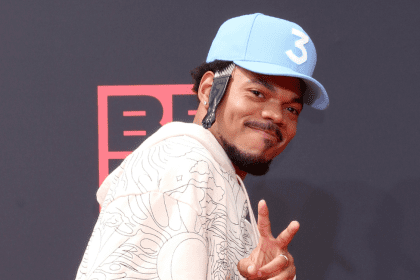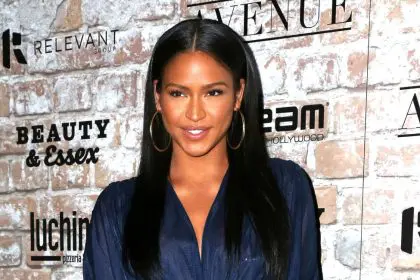 |
Crack cocaine and hip-hop changed black America. Both have been dominant forces in black communities across the nation since the 1980s. The style, bravado and expression of hip-hop music has often been influenced by the hardships and underground economy created by crack cocaine.
Public Enemy’s “Night of the Living Baseheads,” N.W.A.’s “Dopeman” and KRS-One’s “Love’s Gonna Get’cha,” were keen examinations of the effects of crack on poor blacks in America. These songs provided listeners with an insider’s view of what it meant to sell, use, and be torn apart from family members due to crack cocaine. The fact that each song lacked a hero or villain gave it credibility and a sense of truthfulness.
Soon, the dope dealer became a protagonist who could gain respect and sympathy from listeners. The Notorious B.I.G, Jay-Z and Scarface offered gritty stories of the highs and inescapable lows of being a part of the drug business. But by the late 1990s, other rap acts followed suit by taking on the persona of dope dealers. Records about crack dealing sold well and the record labels made sure that drug-related music stayed in rotation.
While rap was once used to examine the effects of crack on the inner city, it suddenly became an endorsement of it. The Clipse’ “Keys Open Doors,” Rick Ross’ “Blow,” Gucci Mane’s “Trap House,” and OJ Da Juiceman’s “Make the Trap Say Aay,” all fail to highlight the perils of drug dealing. Instead, the rappers promote the achievement of the American dream through the sale of cocaine.
These rappers also fail to point out the harsh prison sentences that are given to those who are convicted of selling crack cocaine. In a speech recently given at the U.S. Capitol, Attorney General Eric Holder revealed that drug offenders receive a minimum mandatory sentence of five years in prison for dealing five grams of crack and 10 years in prison for dealing 50 grams of crack. Moreover, nearly 82 percent of those jailed for crack offenses are black.
Drug use will never be eradicated. But rappers have the power to voice their views of what crack has done to their communities, so it’s important for these artists to tell the truth about what crack really costs the community. –amir shaw










